From learning jazz guitar as a teen to spinning soul and disco in Mannheim discotheques, then riding the wave of techno and acid house as rave culture gripped ’90s Europe, few have charted the evolution of electronic music quite like David Moufang, aka Move D.
So what happens when you sit down with one of electronic music’s most enduring figures? With global nightlife going through precarious times, you get a candid assessment of club culture seen through the eyes of a DJ with four decades of storytelling behind them.
But it’s not all pessimism and lamenting the days of yore. Ahead of his highly anticipated return to Australia, we also discuss the longevity of disco and 90s music, surging BPMs and Aussie culture.
Hi David. Where are you at the moment? At home in Berlin?
I'm at home, but I don't live in Berlin. I am in Heidelberg, south of Frankfurt.
Wow, how good is my research! I’m sorry mate. Given it’s the techno capital of Germany, and as someone who plays there regularly, I wanted to ask you about recent club closures there, including Watergate and Renate, which is set to close this year. Is the city's club scene in trouble? Or is it just a cyclical case of out with the old and in with the new?
I think it is a combination of both. I mean for Germany, and the whole of Europe really, I think there is a sense of crisis. Somebody told me that six out of ten venues in London have closed since COVID, or something like this. But I think the issue with Renate is they must leave because there is a highway being built, so it's not quite comparable. The business is going well, but unfortunately they have to move out.
Berlin has historically been a haven for artists and musicians because it was so affordable. Is this still true today?
Things are definitely changing. I think it's still more affordable compared to cities like Paris or London, but it's not super cheap anymore. And finding places to live is getting harder. People now are searching for months, which wasn't a thing 10 or 15 years ago. But the whole techno scene, or whatever you want to call it, I don't think it's doing too well in Europe.
There are plenty of news stories claiming young people are clubbing and socialising much less. Is this something you’re noticing as a touring DJ?
I can tell my booking requests are coming down a little bit. I still get plenty of offers to choose from or reject, but it's not like it was, that’s for sure. A lot of DJ friends of mine who play more on a local or national level, they feel it more extreme than I do. I find I’m playing in the United States a lot more now. I love playing there, but it’s not somewhere I would normally play if I had other options in Europe. I think economically, America came out of COVID better than Europe. I have noticed a kind of generation gap happening there. For example, before COVID, the Movement Music Festival was like the Spring Break of Detroit. Kids would flock to the city and the festival was full of young people, and the streets would have many underage kids binge drinking, even if they weren’t going to the festival. Now I would say most people are 35 and older and it’s not so much 20-year-olds anymore. And that is alarming, because you can’t sustain club culture on 40-year-olds starting families and serious jobs.
Another interesting thing that happened during lockdowns was many illegal parties happening in places like Paris, London and Mannheim, where kids would get a generator, go into a field or a forest and have parties, like the DIY raves of the early 90s.
That was happening here in Australia too.
And I think younger people are holding onto this even after COVID, they are still going to DIY parties. People also tell me house parties are becoming popular again. And I can't blame them, because it’s become so expensive to go out these days. You read about young people consuming less alcohol because they are health conscious, but I think it’s related to money more than anything else. So yes, I think there has been a big divide and I don't see as many young faces everywhere I go. Except for the UK, where I think they party harder, even in their early twenties, but they're also quite strict about ending it at some point and growing up and leading a normal life. Whereas in Berlin, it's quite common for people in their thirties, forties, even fifties to still go out clubbing.
“I remember the days of big rock festivals where people would just trample over you. They wouldn’t give a fucking shit if you are okay or not.”
What are some of your earliest memories of clubbing and discovering house music?
My first acid house party experiences were a revelation. And I'm not talking so much about the music, but more the scenery of ravers and the way they interacted with each other as opposed to mainstream clubs or even rock concerts. I remember at one of my first club nights in Manheim the music was overwhelming that I just sat in the corner digesting the scenery. Some random bloke came up to me and asked me if I was OK, that I looked a bit pale and maybe I had taken a bad pill. I told him I was fine, but that fact that a total stranger would care, I was sold on the scene from that moment. I came back for that more than the music. And then eventually I started digging the music more, but it was the rave itself and the ravers who shaped the scene that really brought me in; that's the fantastic power of the communal experience. I would argue to this day, it’s still the most special thing about house and techno. I remember the days of big rock festivals where people would just trample over you. They wouldn’t give a fucking shit if you are okay or not. With house music it’s the opposite.
You’ve been known for loving and playing lots of different styles and genres of house music throughout your career. How would you describe your sound at the moment?
Well, that's another interesting topic, because I wasn't expecting that when we came out of COVID, 135bpm would be the new 120bpm. The younger generation began looking for faster and harder music in a way I haven't experienced since the early nineties. And I did feel a little bit alienated by this. House music plays a big role in my repertoire, but I’ve always been into broken beat too. And it's easier to blend some broken beat with the higher BPM levels now, because it seems to float better once it's above 130. But I still won’t go super crazy fast. Stylistically, I’ve always tried to go to as many places as possible as long it's tolerable for people and I think I still do that. I also never considered myself a disco DJ, but since COVID, more promoters or festivals were starting to ask if I could play a disco set. And I would say, well, it's not my expertise but I can do it. And people really seem to love it. With disco, you can win people over who aren't so much into techno. It’s a genre that can really bring generations together more than any other. It works if you’re 18 or 80.
It's amazing that disco is still so popular. I guess it had that big comeback after nu-disco took off in the mid 2000s.
I mean it wasn't particularly cool in the nineties at all, right? Actually, I guess in the nineties house music was using disco samples, but the genre wasn’t very highly appreciated. I remember when I first got into house music I wanted no vocals, no saxophone, no noodling of any kind in my music. The kind of house I was looking for was very stripped back and pure, which is the opposite of disco. LCD Soundsystem did a great job of making disco fashionable and incorporated it into a modern style. It seems to me that people party the hardest for cool disco tunes and I get it. There's a lot of quality to it, which pure electronic music is sometimes lacking.
What's happening for you in the studio? Anything exciting you're currently working on?
I am trying to complete my discography on Bandcamp by cleaning up stuff and arranging things so that at one point I can hand it over to my family and people can have access to my body of work. Which means remastering old stuff and not as much producing new things, which I also want to do, but it's hard for me to do too many things at once, because I also have a family and there's a lot of gigging to earn my income. Studio time is rare, but there’s some new music and projects piling up. I’ve got like a hundred unfinished tracks that need attention. I like doing tracks in one go and not going back to them after years. Sometimes I let a track sit in my drawer for ten years or more and then release it the way it was recorded, because it fits the time better now. Or because if I don't think it sucks after ten years, I probably will be fine with it in another ten years. I don't have a problem releasing stuff that's been sitting around, but working on old stuff just to finish it is not much fun. I’d rather start from scratch.
Is there an album or a piece of music you've heard lately where you've been like, ‘Wow, this is amazing.’ Do you still get that feeling?
I do, but it typically isn't from electronic music or techno. I really like jazz - John Hassell is someone I listen to a lot. I'm always looking back to older music, I always have. I'm not the kind to spearhead discovering what's new. I’m also really into Eddie Chacon. He was in a duo in the eighties and they had a super mega hit. He’s in his sixties now and is back from retirement touring very intimate venues. I eventually I got his first album and I love it to bits.
But there is hardly an album scene in electronic music anymore. The culture of listening to albums has kind of vanished and people's attention to music has gone down. When I was growing up in the eighties as a teenager, music was the main identifier for what kind of person you were. You would pick your friends according to this and you could really fall out with people over styles or acts that were cool or not cool. And techno really changed things. It made people more open minded. And the early nineties were a great time because people were open to new approaches, new styles and experimental music albums.
“90s music is full of flaws and technical limitations…yet it still radiates realness and character.”
It's interesting how popular 90s house and electronic music is at the moment. Or trance for that matter. I think the ideas in that period were so fertile. So much music made today, it all sounds great and the production is amazing, but it feels like the ideas aren’t as captivating.
And that perfectionism of sound is not always helpful. Nineties music is full of flaws and technical limitations. You can tell that a lot of it was homemade with cheap equipment and yet it still radiates realness and character. That's what makes it so appealing. Mainstream music has now reached a standard which is kind of annoying. You can tell it's all Ableton Live libraries and everybody is using the same sound packs. It's much harder to find music with real character these days. The rise of smartphones, the internet and social media has also reduced attention spans so much. It seems like a track gets a 10-second chance before people scroll onto the next. That's a big change. And people will probably embrace AI music. You can find these mixes on YouTube done by AI. It's kind of fascinating to see how it works, but essentially it really doesn't. You can play it for an hour and there's nothing that really sticks in your memory.
I know you were a big fan of ‘2001: A Space Odyssey’ as a boy, both the film and the music. A lot of contemporary filmmakers are embracing electronic music for their scores. Are there any composers or recent film scores you find inspiring?
I'm not such a film nerd, but I did notice some work from that Icelandic guy, Johann Johansson. Somebody handed me one of his albums and I was fascinated and intrigued by how he plays with the concept of classical music, but it's electronic. I think he scored some big Hollywood films before he died.
He did one for a Nicholas Cage film called ‘Mandy’ which is amazing.
I'm not the biggest follower of recent movies. Movies are a bit like music for me; I keep discovering old movies and going back to them. I think they offer qualities that are hard to find in contemporary stuff. You mentioned Kubrick’s 2001, which is still my number one, but there are so many good films from the ‘60s. I also love Blow-Up. It's beautiful as a piece of art aesthetically, but also it does something to your mind that evokes reflection. I also love early John Carpenter movies as well, like Dark Star that was done on a limited budget, but it excels in creativity and is really funny. There's also an Australian film which I love, ‘He Died with a Felafel in his Hand’. Do you know that one?
I recall the name, but I haven’t seen it. There were so many great Australian films made in the 90s and 2000s. And the 80s.
Yes, and great music too. I was really into AC/DC as a 10-year-old. There has always been great stuff coming out of Australia considering the low-density population. I guess the isolation is helpful for being creative; you're a bit more detached from the mainstream. I think if you move away from hotspots, it's easier. I live in a small town and when people ask me why didn't you move to Berlin or London, this is my answer. There's so much background noise in major conurbations; a record release here, an exhibition there, a new club opening. You're constantly exposed to other things and I don't think that's particularly helpful for being creative. It's just my opinion, but I think it’s why there's a lot of creativity in Australia.
It's an interesting point. I think perhaps that was the case before everything became so globalised. But you’re right; if you're influenced by too many things, it can dilute your own creative vision.
When I'm producing, I especially try to avoid listening to electronic music because it will filter through and I can hear it and sometimes other people can too. It's less of a problem if I listen to a lot of jazz or old funk. If those influences filter through, that's not a problem because I think that's what music is about. Reinventing and recycling old ideas are a part of music, it’s essential. But if my contemporary neighbour is influencing my work, I don't want that. I don't want to be quoting on or reacting to what's trending. I want my music to exist beyond trends.
As someone who has enjoyed a lengthy career, what does success look like for you at this point in your life. Is there anything you’re still hoping to achieve?

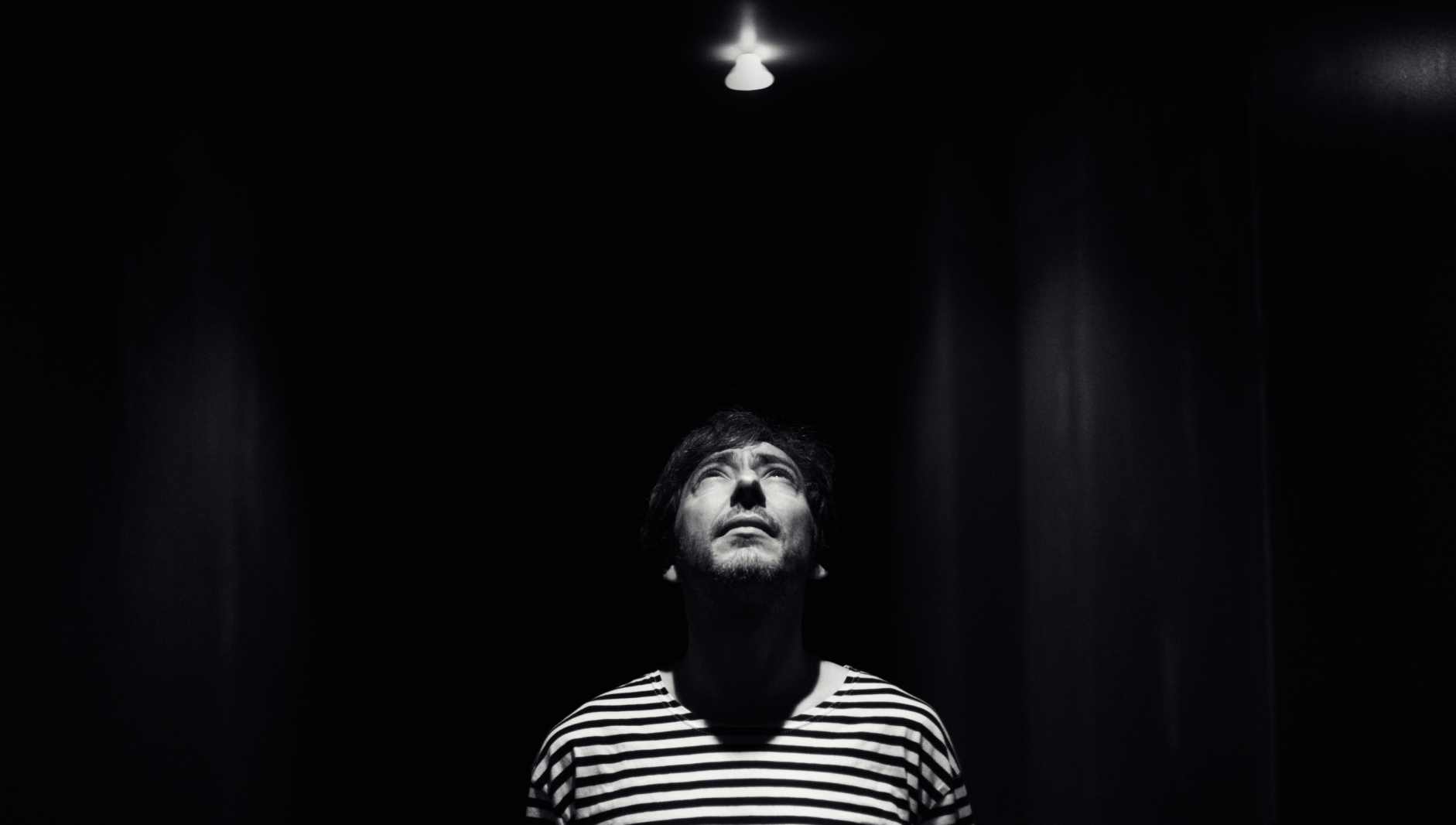
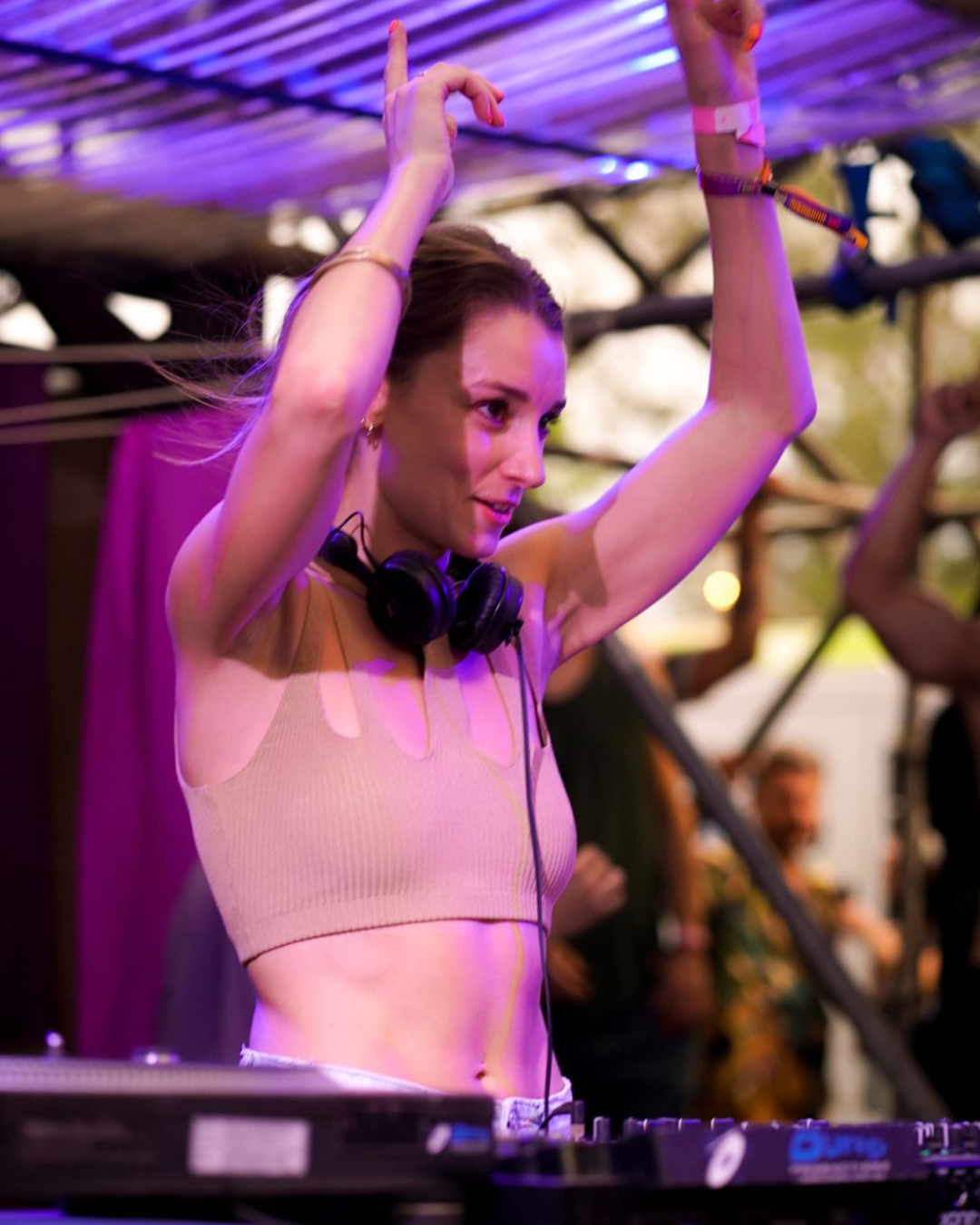
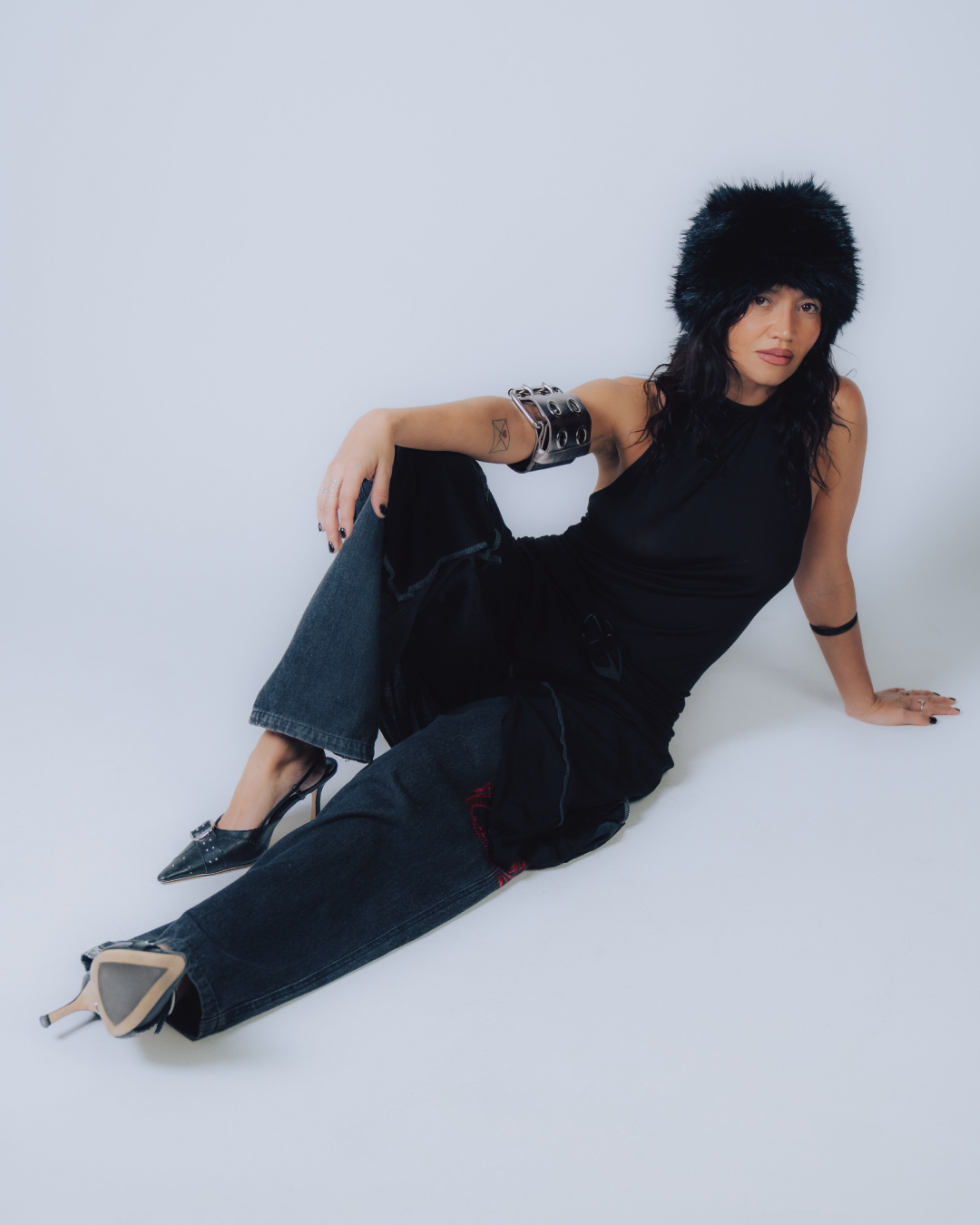
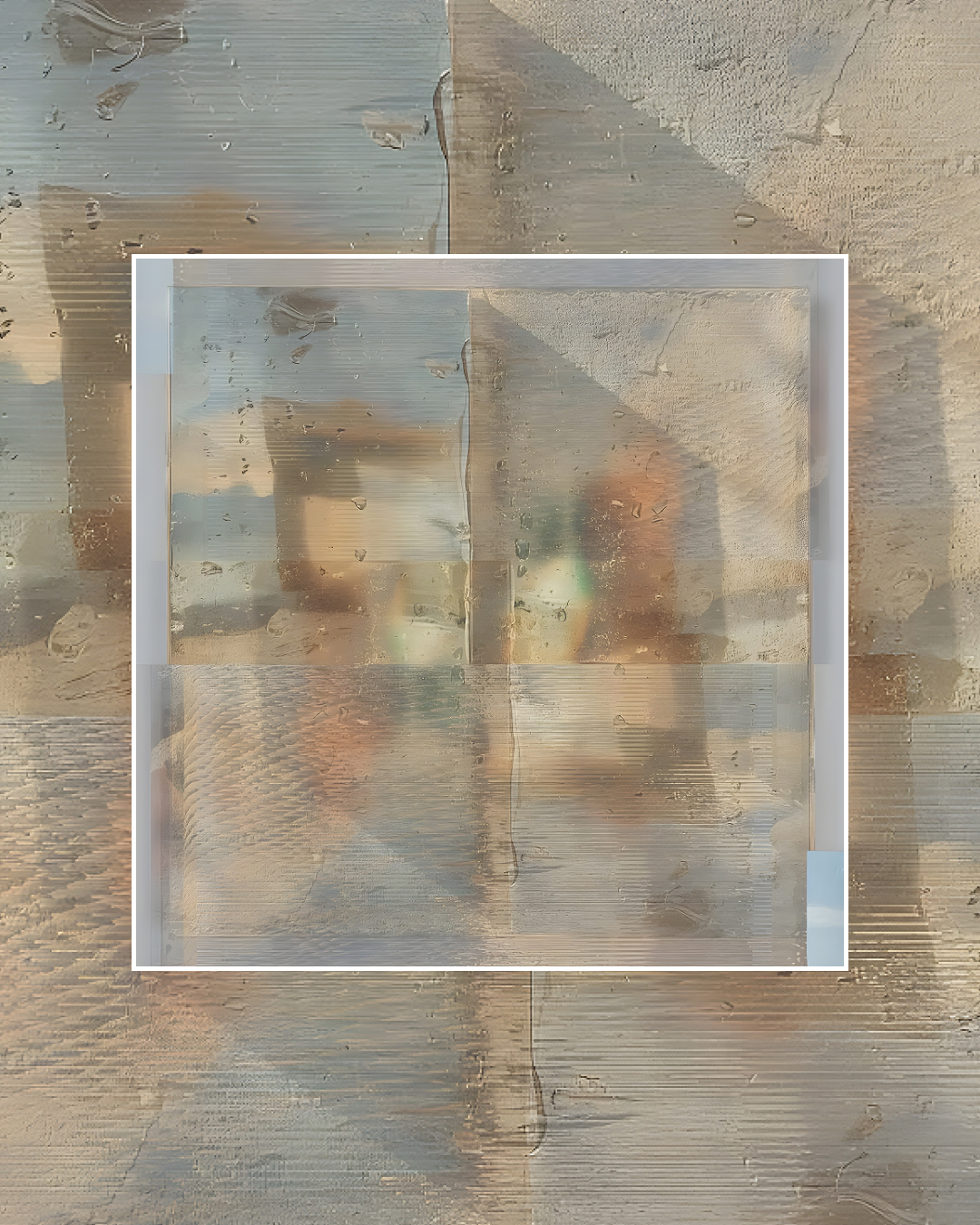

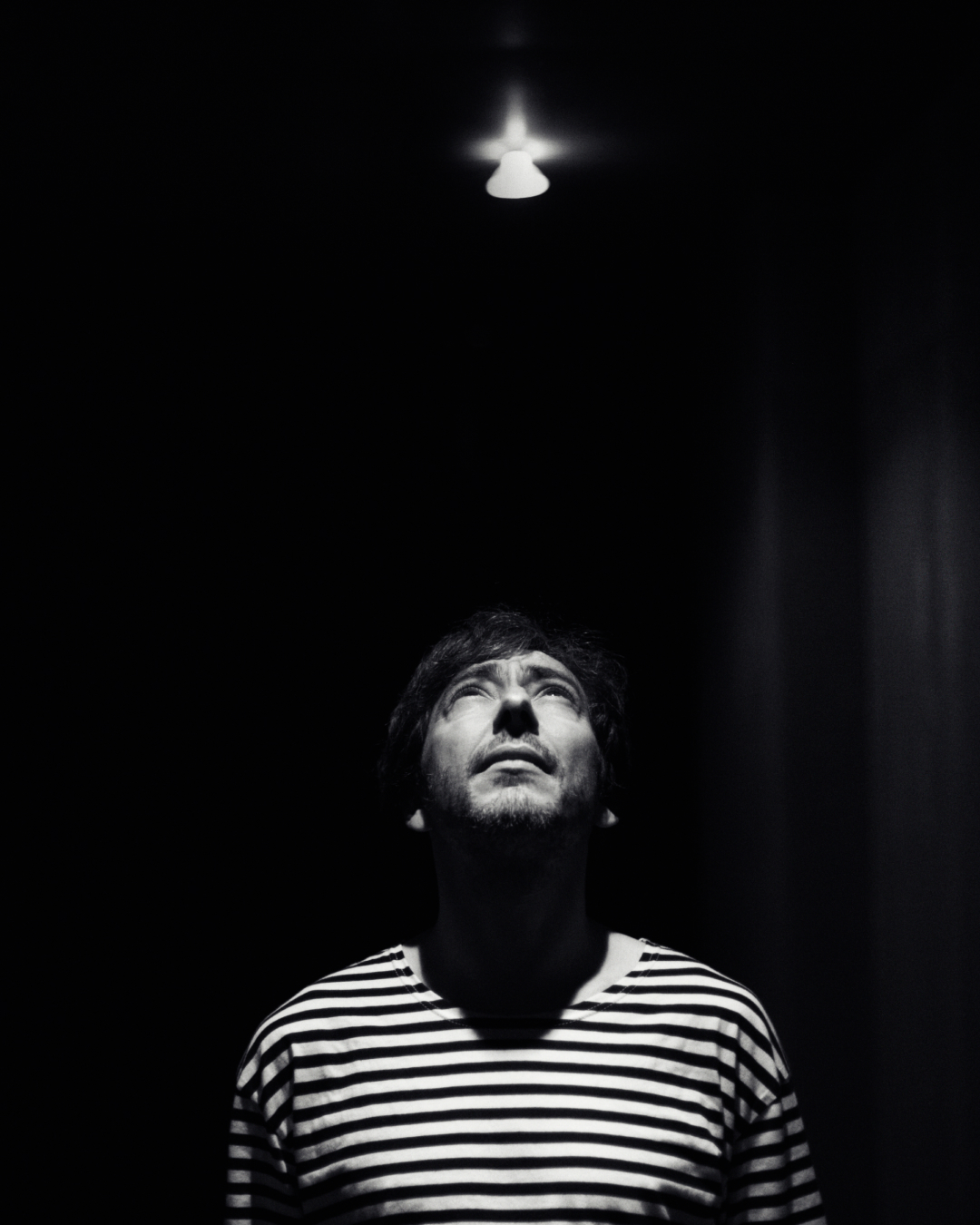
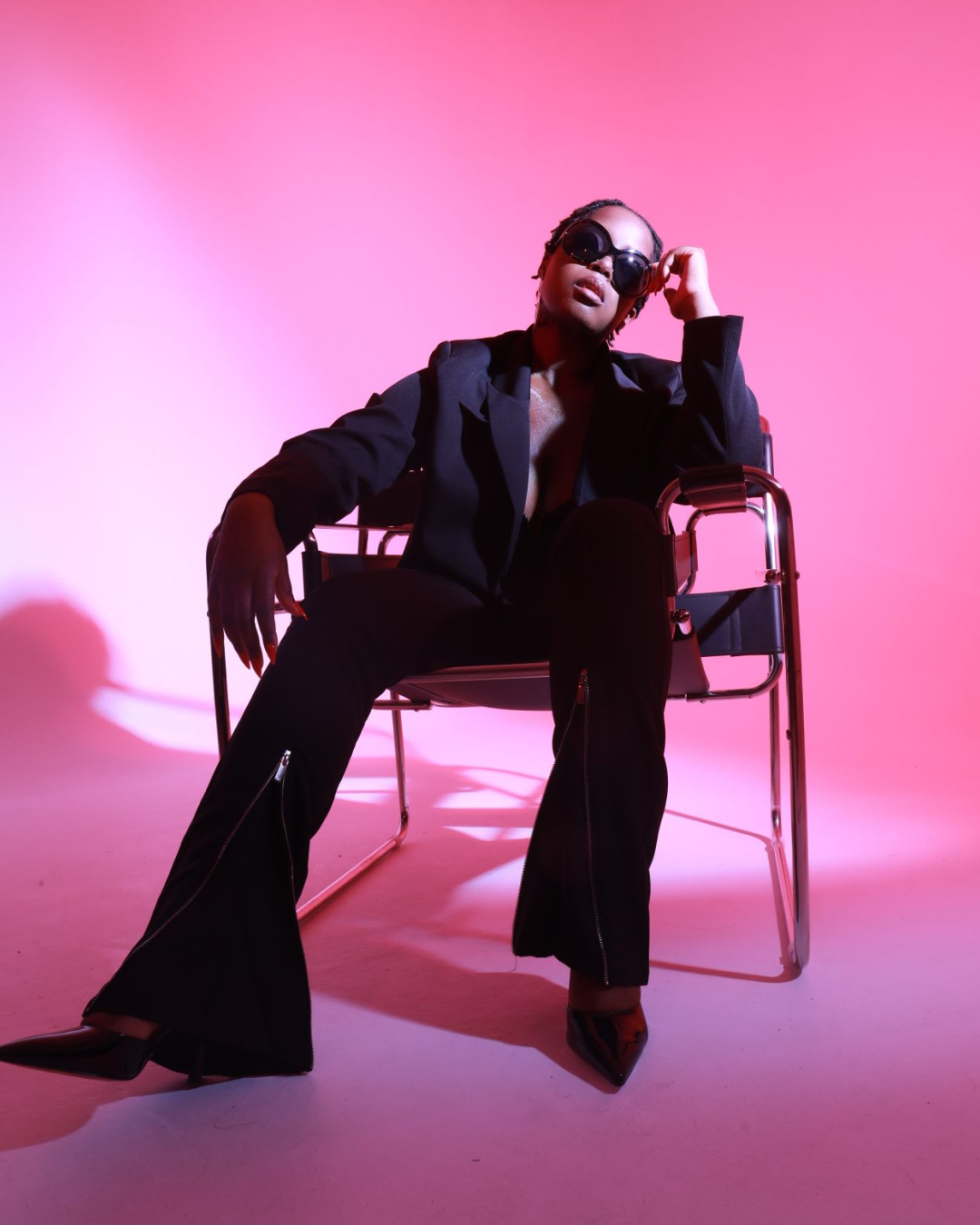
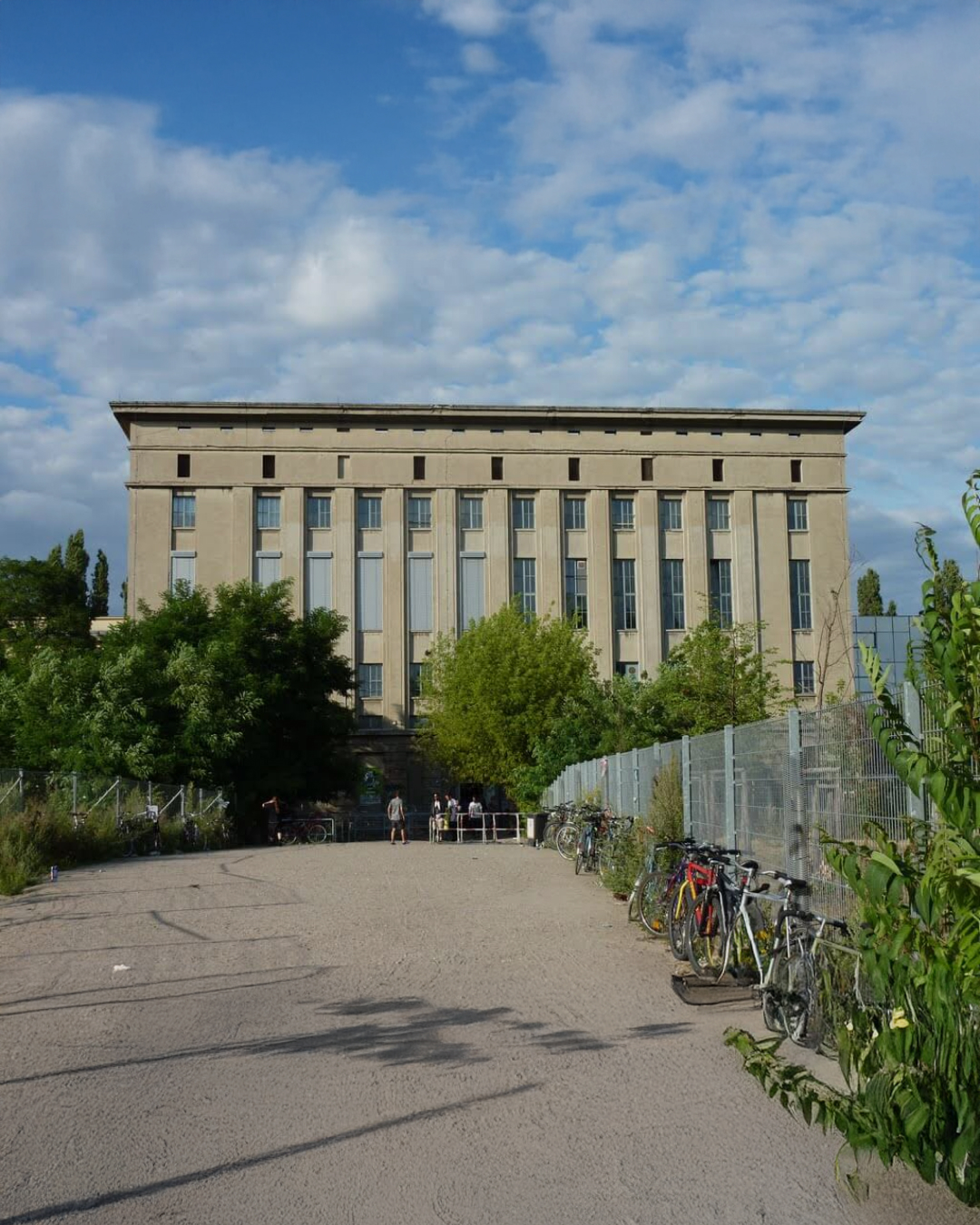
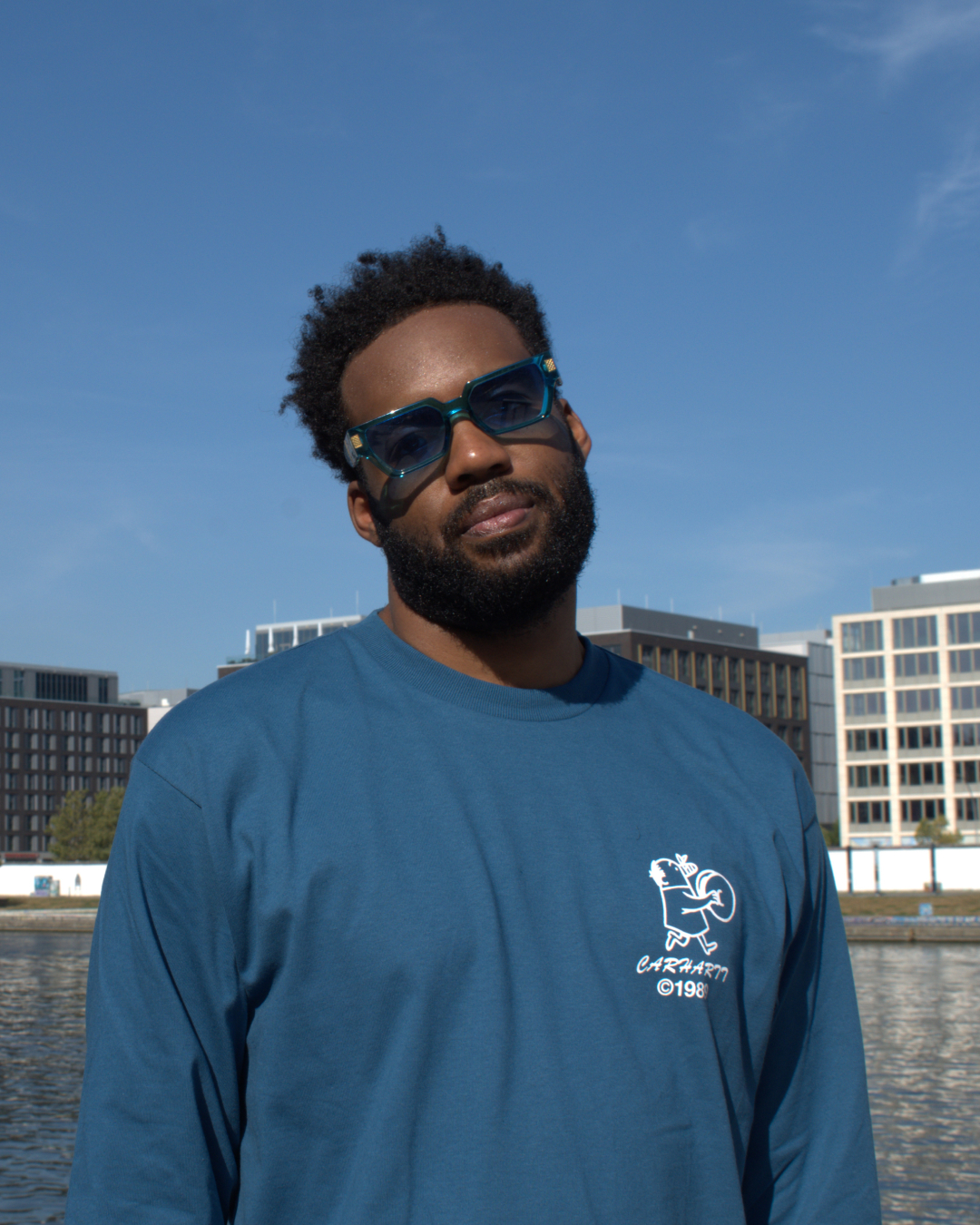
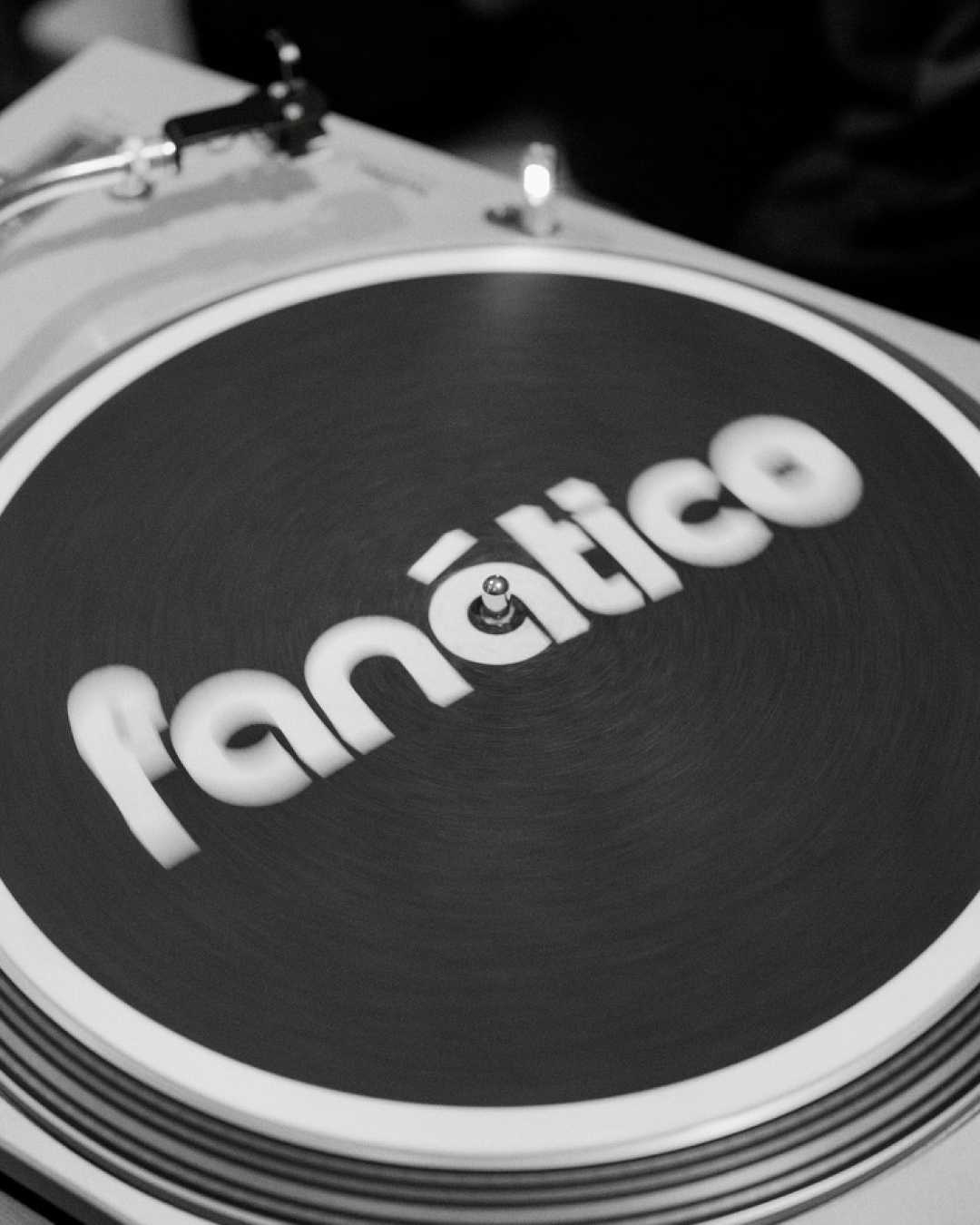
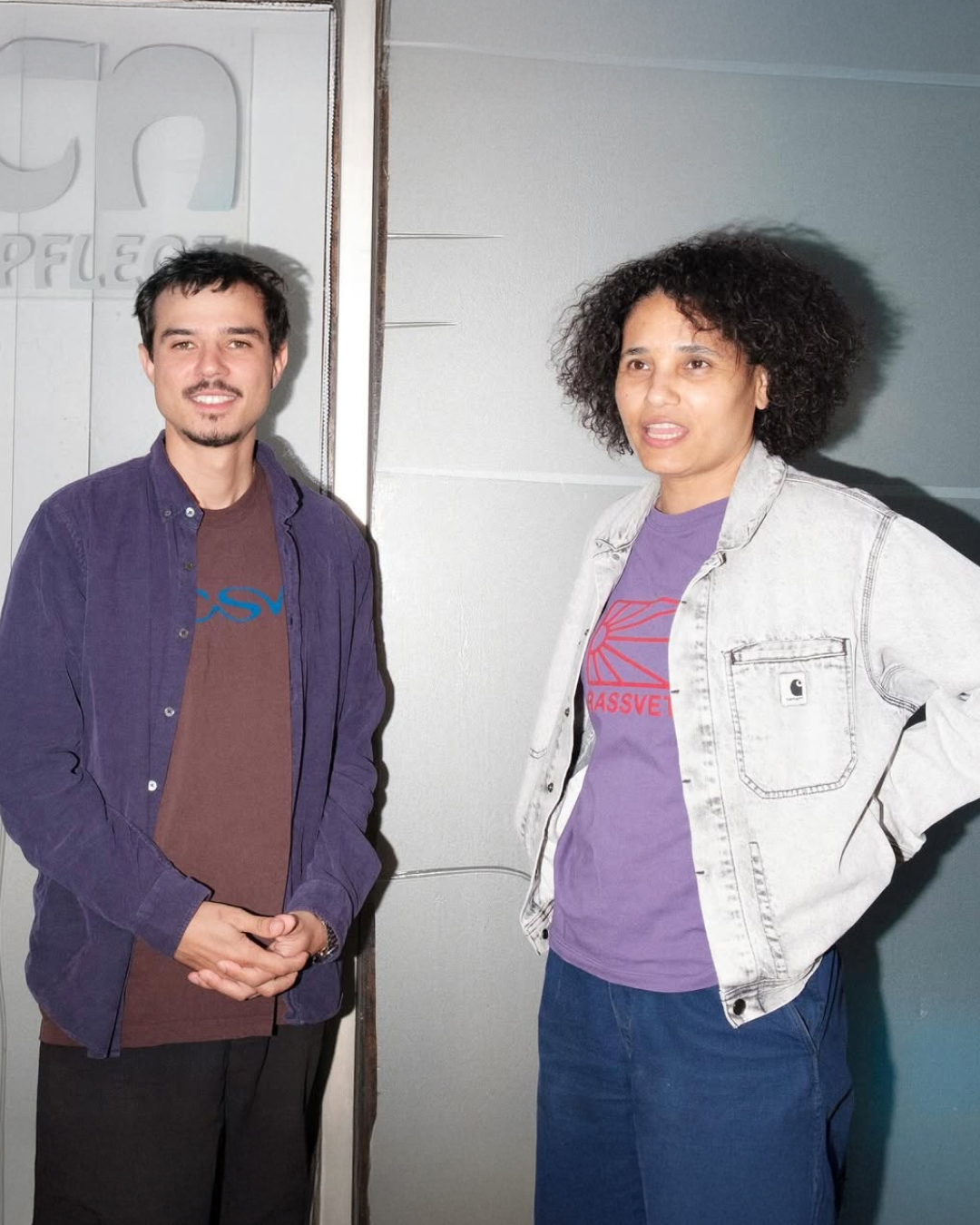
.webp)
























